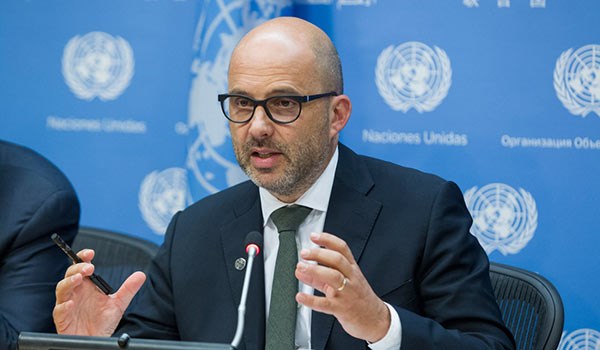
RNA - He called in a statement upon the Palestinian Authority, Hamas and Israel “to put the welfare of Gaza’s residents first and to take the necessary measures to avoid further suffering,” WAFA reported.
The UN has already appealed to the international community to support its humanitarian efforts to prevent the collapse of vital life-saving, health, water, sanitation and municipal services.
Early this week, the Israeli cabinet agreed to a reduction in the supply of electricity to the Gaza Strip, following a decision by the Palestinian Authority to reduce its monthly payments for that supply by 30 per cent.
If this decision is implemented the situation will become catastrophic, said Piper. The reduction will bring most households and service-providers down to two hours or so of power per day.
Hospitals, water supply, waste water treatment and sanitation services have already been dramatically curtailed since mid-April and depend almost exclusively on a UN emergency fuel operation. An additional reduction in electricity will require the delivery of one million liters of fuel monthly, under the UN operation, to keep minimum functions operating at 186 essential facilities across the Strip.
“A further increase in the length of blackouts is likely to lead to a total collapse of basic services, including critical functions in the health, water and sanitation sectors,” Piper said. “The people in Gaza should not be held hostage to this longstanding internal Palestinian dispute,” he added.
847/940